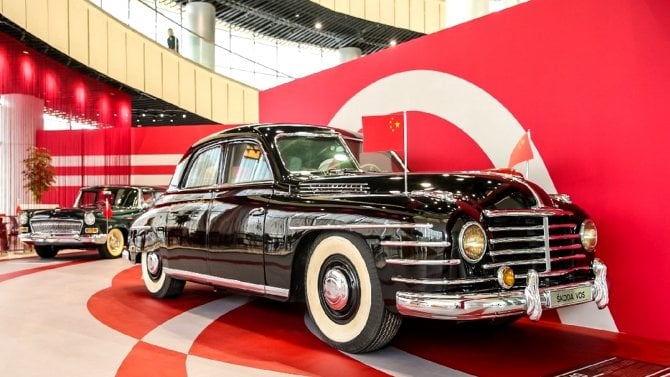By Boris Groendahl and Stella Dawson
VIENNA, Nov 24 (Reuters) - A Polish referendum on whether to join the European Union's single currency is not an option as there is no "opting out" of the euro, European Central Bank Governing Council member Klaus Liebscher said.
Liebscher told Reuters in an interview he was disappointed by the dwindling reformist zeal of new eastern member states of the 25-nation bloc, saying they had been closer to joining the euro two years ago than they are now.
"Now one of the countries, I think it was the biggest one, apparently said 'before we do it, we'll make a referendum' -- this is out of discussion," Liebscher said in the interview.
"There is no opting out," he said.
Poland, the biggest of the 10 latest EU entrants, has no set target date and its conservative government has raised eyebrows in the European Commission and the ECB with plans to hold a referendum on whether to swap the zloty for the euro.
Liebscher said the new member states knew what they signed up to when they entered the union -- a duty to join the euro and to work towards meeting the Maastricht criteria for entering it: low inflation, a stable currency, a budget deficit of less than 3 percent and debt of less than 60 percent of GDP.
"It was the clear understanding when these new member states joined the European Union that they have the obligation ... to join, at whatever point in time, the euro area," he said.
"When they applied for membership of the European Union, they knew the rules," he said.
INFIGHTING
Only tiny Slovenia has secured agreement to move into the zone in 2007. Slovakia plans to enter in 2009, although some economists worry its new leftist government may postpone entry.
The fast growing ex-Soviet Baltic states have seen their ambitions thwarted by too high inflation.
But eastern Europe's biggest economies -- Poland, Hungary and the Czech Republic -- all have dropped euro entry from their radar screen, consumed by political infighting following elections this and last year.
The ruling conservatives in Poland, whose economy churns out half of the 10 newcomers' total output, say they will meet the euro zone's economic entry criteria this decade but are in general sceptical about adopting the single currency.
Hungary is committed to euro entry but is battling with the largest budget deficit in the EU after years of overspending. Its socialist government faces protests over austerity measures it introduced and has not set a new target date.
The Czech Republic, long a beacon of stability and sound economic performance in the region, has also said its 2010 entry date looks highly unlikely in light of a growing fiscal deficit and inflexible labour market.
"I am a little bit surprised, and a little bit disappointed, that in some of the new member states you have seen in the recent past some relaxation towards ambitious policies," Liebscher said. "They, or at least a majority of them, were closer to the fulfilment of the Maastricht criteria at their start in the European Union than they are now," he said.
"They already had a solid basis from which to go on in the direction of monetary union. Three years ago, most of them had the plan to join 2008, 2009, and now you have not too many who would like to join or could join before 2010," he said. ((Reporting by Boris Groendahl, Vienna Newsroom, phone +43 1 531 12-258, editing by Mike Peacock))
Keywords: ECONOMY ECB LIEBSCHER EAST




 Auta osvoboditelů – z východu: Československo a celá Evropa se staly křižovatkou vojenské techniky
Auta osvoboditelů – z východu: Československo a celá Evropa se staly křižovatkou vojenské techniky
 Auto blokující nabíjecí stanici bude možné odtáhnout. A je jedno, jestli má spalovací motor, nebo je to elektromobil
Auto blokující nabíjecí stanici bude možné odtáhnout. A je jedno, jestli má spalovací motor, nebo je to elektromobil
 Ikona je zpět jako elektromobil a je skvělá! Poprvé jsme se svezli s novým Renaultem 5
Ikona je zpět jako elektromobil a je skvělá! Poprvé jsme se svezli s novým Renaultem 5
 Videodojmy: Tenhle malý hatchback jezdí za šest litrů, odveze čtyři lidi a nestojí ani 400 tisíc
Videodojmy: Tenhle malý hatchback jezdí za šest litrů, odveze čtyři lidi a nestojí ani 400 tisíc
 Škoda VOS: Historie československých vládních automobilů je přehledem politických obratů
Škoda VOS: Historie československých vládních automobilů je přehledem politických obratů
